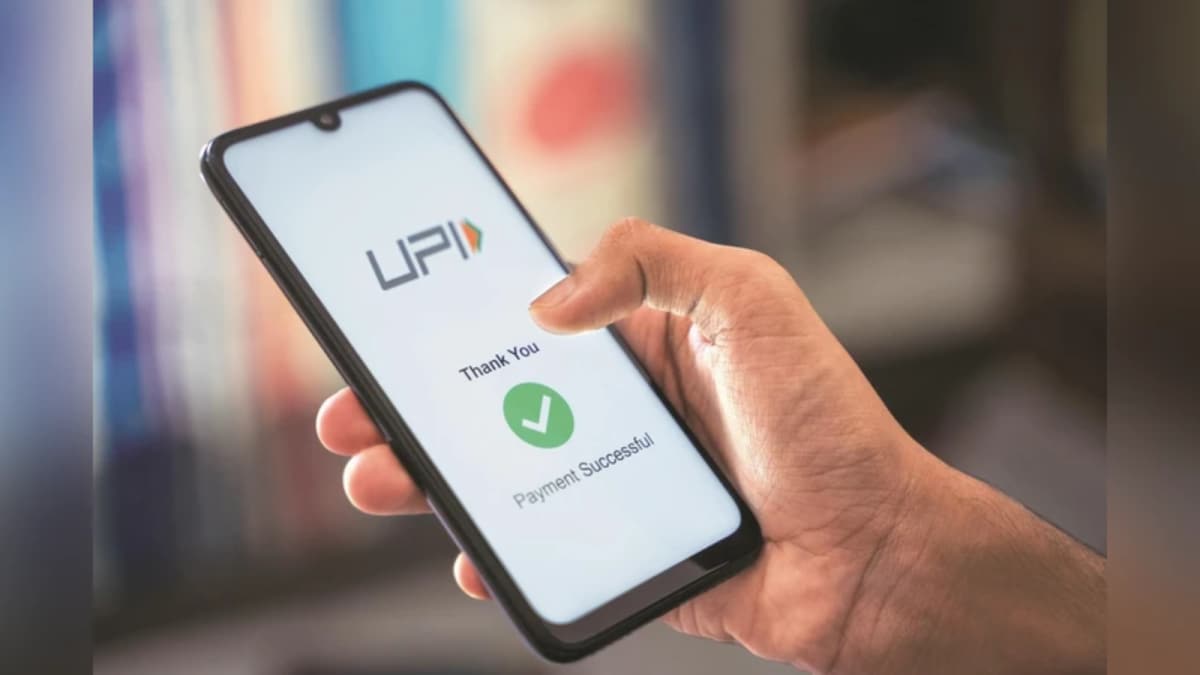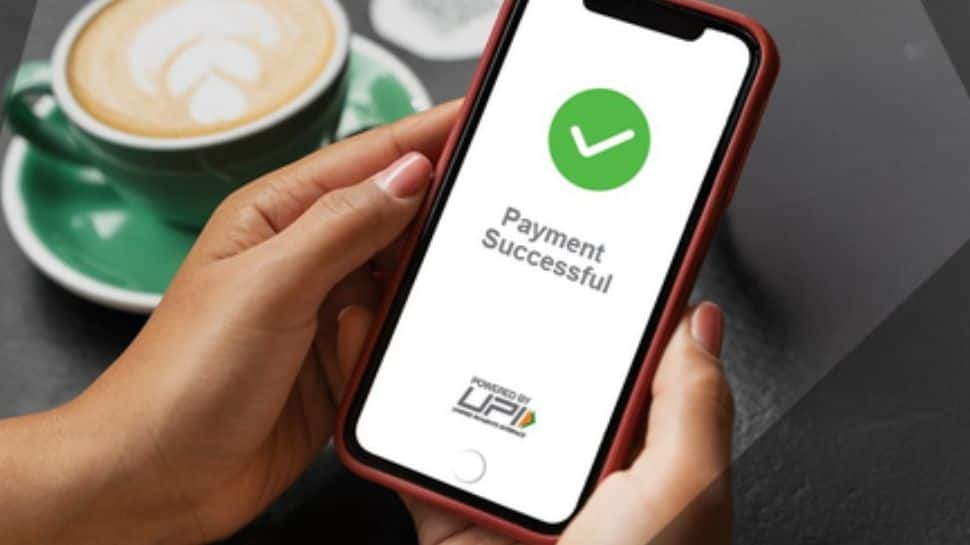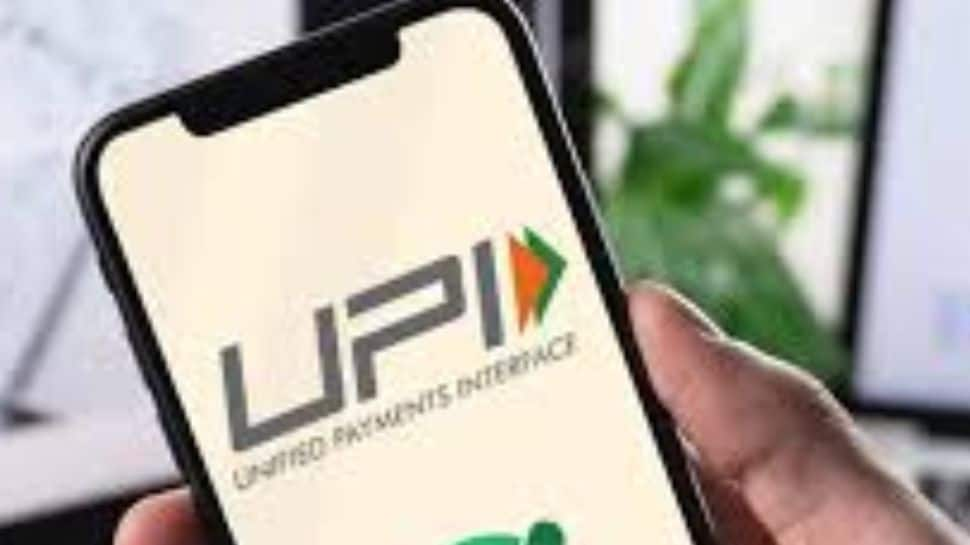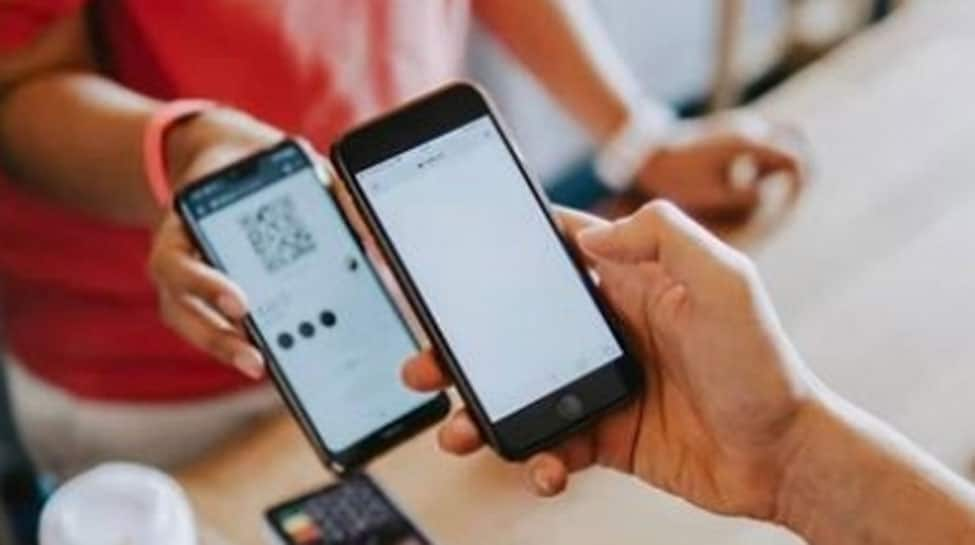Business
Indians Can Now Make Payments Through UPI Across Qatar
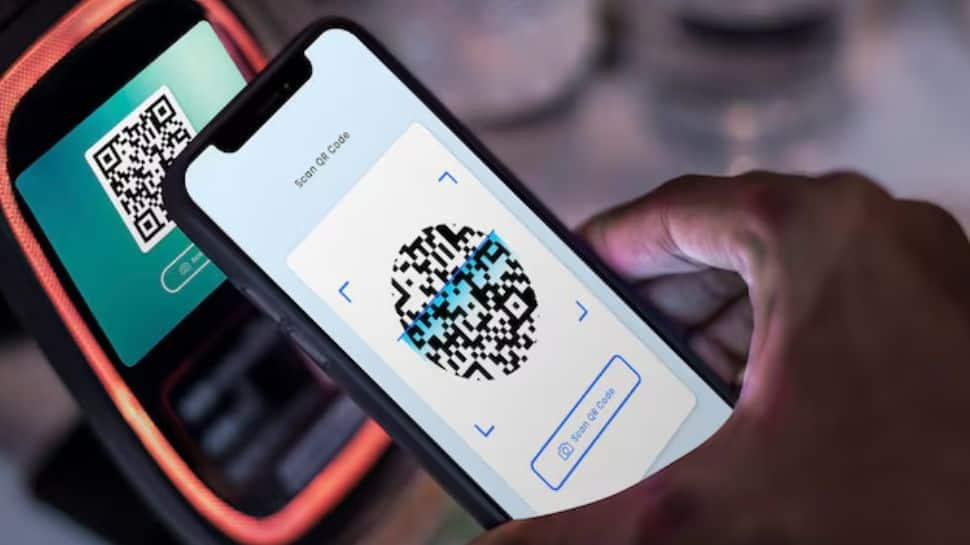
New Delhi: Indian travellers can now use Unified Payments Interface (UPI) in Qatar, with Qatar Duty Free outlets becoming the first merchant to go live, according to a release from NPCI International Payments Limited (NIPL). The development comes through a partnership between NIPL and Qatar National Bank (QNB), enabling UPI acceptance across Qatar via QR code-based transactions at point-of-sale terminals. The system is powered by NETSTARS’ payment solution and is expected to ease transactions for Indian visitors, who are the second largest group of international tourists to Qatar.
The introduction of UPI in Qatar allows Indians to make real-time payments at tourist attractions and retail outlets, reducing the need for cash or currency exchange. The move will also support Qatar’s retail and tourism sectors by boosting transaction volumes for merchants acquired by QNB.
Ritesh Shukla, MD & CEO of NIPL, said, “We aim to enhance the acceptance of UPI globally and create a truly interoperable global payment network. The partnership with QNB is a step towards this journey. It will help millions of Indian travellers make seamless, secure digital transactions and reduce their dependence on cash. As UPI makes its mark, we are focused on driving interoperability and making cross-border payment experiences hassle-free for users.”
From Qatar’s perspective, the introduction of UPI is being seen as a boost for its economy. Yousef Mahmoud Al-Neama, Group Chief Business Officer of QNB, said, “We are excited to introduce UPI in Qatar and proud to be at the forefront of innovating the payment landscape.
This milestone not only enhances the convenience for Indian travelers but also brings significant benefits to the Qatari market by promoting cashless transactions, boosting retail and tourist sectors, and strengthening interoperability in the payments ecosystem. Importantly, it will also enable local merchants to thrive by attracting more customers and providing them with seamless digital payment options.”
Qatar Duty Free, which operates outlets at Hamad International Airport, is the first merchant to offer UPI payments.
Thabet Musleh, Chief Retail & Hospitality Officer, Qatar Airways Group, said, “At Qatar Duty Free, we are committed to enhancing convenience and accessibility for travellers. As the first entity in Qatar to enable UPI as a payment option, we are proud to offer Indian travellers a seamless, secure, and cashless transaction experience at our outlets. This partnership with NPCI International and Qatar National Bank reflects our dedication to embracing innovative payment solutions that cater to the evolving needs of our diverse customer base. By integrating UPI, we aim to elevate the retail experience at Hamad International Airport, ensuring a smoother journey for millions of visitors.”
Technology partner NETSTARS also highlighted the significance of the launch.
Tsuyoshi Ri, Representative Director and CEO of NETSTARS Co., Ltd., said, “We are honoured to be part of this strategic partnership and milestone, enabling UPI for the first time in Qatar together with NPCI International, Qatar Airways Group and Qatar National Bank. This aligns with our mission to expand seamless and secure payment experiences globally. We are proud to contribute to this launch in Qatar, which will empower local merchants in Qatar to accept digital payments conveniently and efficiently from millions of international travellers.”
Business
The NBA doesn’t just want to build a European basketball league — it wants to revolutionize the international pro game
Business
Major UK supermarket to stop selling mackerel in coming weeks

Waitrose is set to remove mackerel from its shelves amid escalating concerns over unsustainable fishing practices.
The retailer said that it is the first major UK supermarket to suspend sourcing of the popular fish.
It said that fresh, chilled, and frozen mackerel, primarily sourced from Scottish waters, will be unavailable to shoppers by 29 April. Tinned varieties will follow once the current stock is depleted.
Conservationists are welcoming the move and urging other supermarkets to follow suit.
The measure comes as governments have repeatedly failed to implement catch limits recommended by scientists, jeopardising the long-term viability of mackerel stocks.
The International Council for Exploration of the Sea (ICES) has issued stark warnings, advising a 70 per cent reduction in catches for 2026 across all regional mackerel stocks compared to 2025’s recommended levels.
With the stock consistently fished above sustainable thresholds, this translates to a 77 per cent cut on the 755,143 tonnes scientists estimated would be caught in 2025.
Overfishing has resulted in depleting mackerel stocks in the north-east Atlantic, with Ices saying the species, and the wider fishing industry, could face long-term risks unless countries stick to recommended catch limits.
Waitrose said the decision in December by four of the coastal states which fish mackerel to cut catches by 48 per cent was a step forward, but did not meet Ices advice.
North-east Atlantic mackerel will no longer meet the supermarket’s responsible sourcing requirements in line with the Sustainable Seafood Coalition codes of conduct, the retailer said.
Jake Pickering, head of agriculture, aquaculture and fisheries at Waitrose, said: “By suspending sourcing of mackerel at Waitrose we are reinforcing our ethical and sustainable business commitments, acting to tackle overfishing and protect the long-term health of our oceans and this crucial fish.
“Our customers trust us to source responsibly, and we are closely monitoring the fishery.
“We look forward to bringing mackerel back to our shelves once it meets our high sourcing standards.”
As alternatives, Waitrose is launching a new range of fish products including hot smoked herring, hot smoked peppered herring and hot smoked sweetcure seabass, all of which are Marine Stewardship Council (MSC) certified.
The retailer said it would also introduce MSC-certified frozen sardines from May as a sustainable replacement for frozen mackerel, and plans to become the first retailer to sell 100 per cent MSC tinned sardines.
Waitrose said it would maintain its relationship with its mackerel suppliers and its new supply of herring, seabass, sardines and trout will be sourced through current supplier partnerships.
But there is currently no predetermined time-frame as to when Waitrose will start sourcing mackerel again.
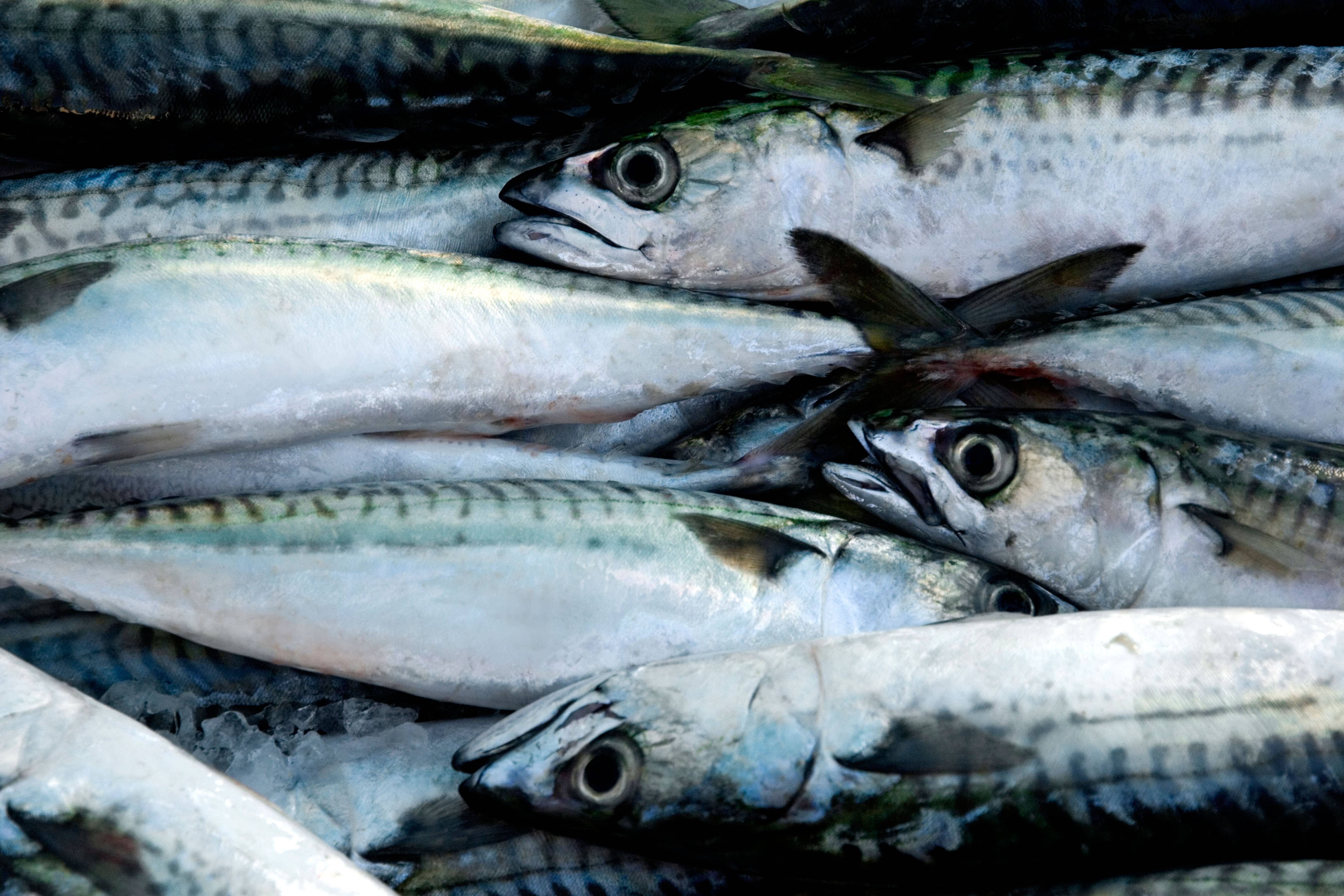
Marija Rompani, director of ethics and sustainability at the John Lewis Partnership, said: “We believe sustainable food production must balance climate action, nature protection and responsible fish sourcing is fundamental to protecting our oceans.
“We will continue to work closely with suppliers and industry partners to support the recovery and responsible management of fish stocks.”
Charles Clover, co-founder of conservation charity Blue Marine Foundation, said mackerel – one of the largest remaining commercial fish stocks in the north-east Atlantic – had declined 75 per cent in the last 10 years because fishing nations, including the UK, had overfished it.
“They have put too little effort into the task of reaching agreement on a sharing arrangement – and some countries have been awarding themselves more quota than is justified by science,” he said.
“This crisis has been ignored for too long.
“We hope that this action by Waitrose sends it to the top of the political agenda. We call on other retailers to follow Waitrose’s example.”
Business
If Your Salary Never Lasts Till Month-End, These 5 Mistakes Might Be Why

The arrival of a salary credit message at the beginning of the month often brings a sense of relief and optimism, with many planning to save money or make long-delayed purchases. However, for a large number of salaried individuals, that confidence fades quickly as expenses begin to pile up. Rent, electricity bills, EMIs, online purchases, dining out and everyday spending gradually reduce bank balances, leaving many struggling by the third week of the month. (News18 Hindi)

Financial experts say that recurring cash shortages are often not caused by insufficient income but by poor money habits. Small and unnoticed mistakes in managing personal finances can gradually weaken long-term financial stability. The good news, experts note, is that these habits can be corrected with simple changes and better planning. (News18 Hindi)

1. One of the most common mistakes is the absence of a proper budget. Many people begin spending as soon as their salary is credited without deciding in advance how the money will be used. Without a clear spending plan, expenses tend to rise uncontrollably. Experts recommend allocating money for essential needs such as rent, groceries, utility bills and savings immediately after receiving a salary. Preparing a simple budget by listing fixed monthly expenses in a notebook or mobile app can help maintain financial discipline. (News18 Hindi)

2. Frequent small online purchases also contribute significantly to unnecessary spending. With doorstep deliveries and frequent discounts, cashback offers and flash sales, consumers often buy items that are not essential. While individual purchases may seem minor, repeated spending of a few hundred or thousand rupees can add up to a substantial amount by the end of the month. Financial planners advise clearly distinguishing between needs and wants before making purchases. (News18 Hindi)
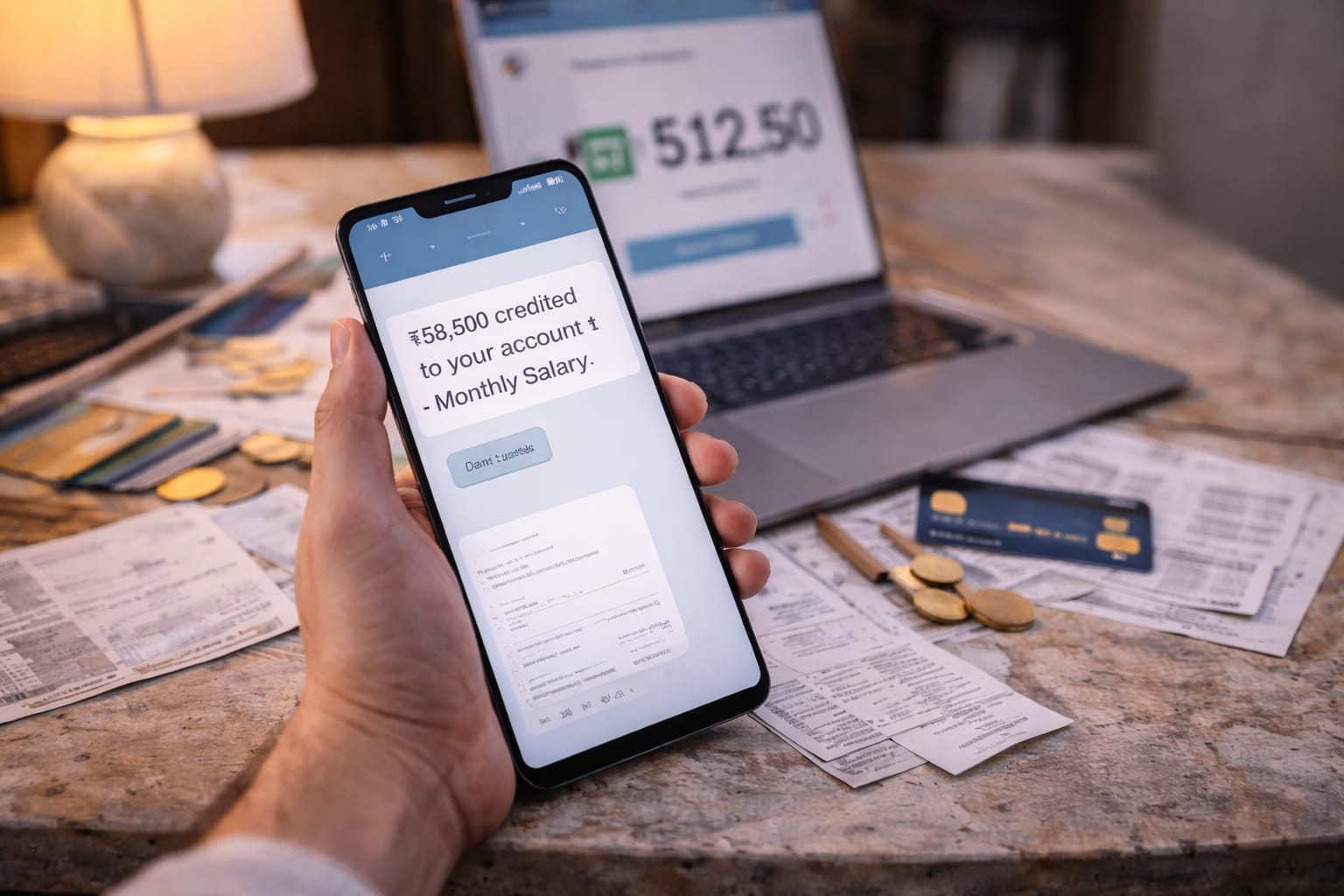
3. Another major mistake is the absence of an emergency fund. Unexpected expenses such as medical bills, urgent travel or home repairs can disrupt monthly budgets. Without savings set aside for emergencies, many individuals rely on credit cards or loans, which can lead to debt and reduce the following month’s disposable income. Experts suggest building an emergency fund gradually, ideally covering at least three months of essential expenses. (News18 Hindi)

4. Saving only what remains at the end of the month is another common but ineffective approach. In most cases, little or no money is left after regular spending. Financial advisers recommend setting aside savings as soon as the salary is credited, a strategy often referred to as the “pay yourself first” principle. This method helps create a consistent saving habit. (News18 Hindi)

5. Spending to maintain a certain lifestyle is also a growing concern, particularly in the age of social media. The desire to match others’ lifestyles often leads to purchases such as expensive gadgets, branded clothing or frequent dining out, even when these expenses exceed one’s income. Experts warn that such spending patterns can increase financial stress and recommend aligning lifestyle choices with income and financial priorities. (News18 Hindi)

To improve financial discipline, experts advise reviewing expenses from the previous three months to understand spending patterns. Based on this assessment, individuals can create a simple plan that divides income into spending, saving and investing. Automated savings options such as Systematic Investment Plans (SIPs) or recurring deposits can help ensure consistent saving. Even small financial changes, experts say, can lead to significant long-term benefits. (News18 Hindi)
-

 Tech7 days ago
Tech7 days agoA $10K Bounty Awaits Anyone Who Can Hack Ring Cameras to Stop Sharing Data With Amazon
-

 Fashion6 days ago
Fashion6 days agoICE cotton ticks higher on crude oil rally
-

 Business6 days ago
Business6 days agoUS Top Court Blocks Trump’s Tariff Orders: Does It Mean Zero Duties For Indian Goods?
-

 Business5 days ago
Business5 days agoEye-popping rise in one year: Betting on just gold and silver for long-term wealth creation? Think again! – The Times of India
-

 Entertainment5 days ago
Entertainment5 days agoViral monkey Punch makes IKEA toy global sensation: Here’s what it costs
-

 Sports6 days ago
Sports6 days agoBrett Favre blasts NFL for no longer appealing to ‘true’ fans: ‘There’s been a slight shift’
-

 Entertainment6 days ago
Entertainment6 days agoThe White Lotus” creator Mike White reflects on his time on “Survivor
-

 Sports5 days ago
Sports5 days agoKansas’ Darryn Peterson misses most of 2nd half with cramping


